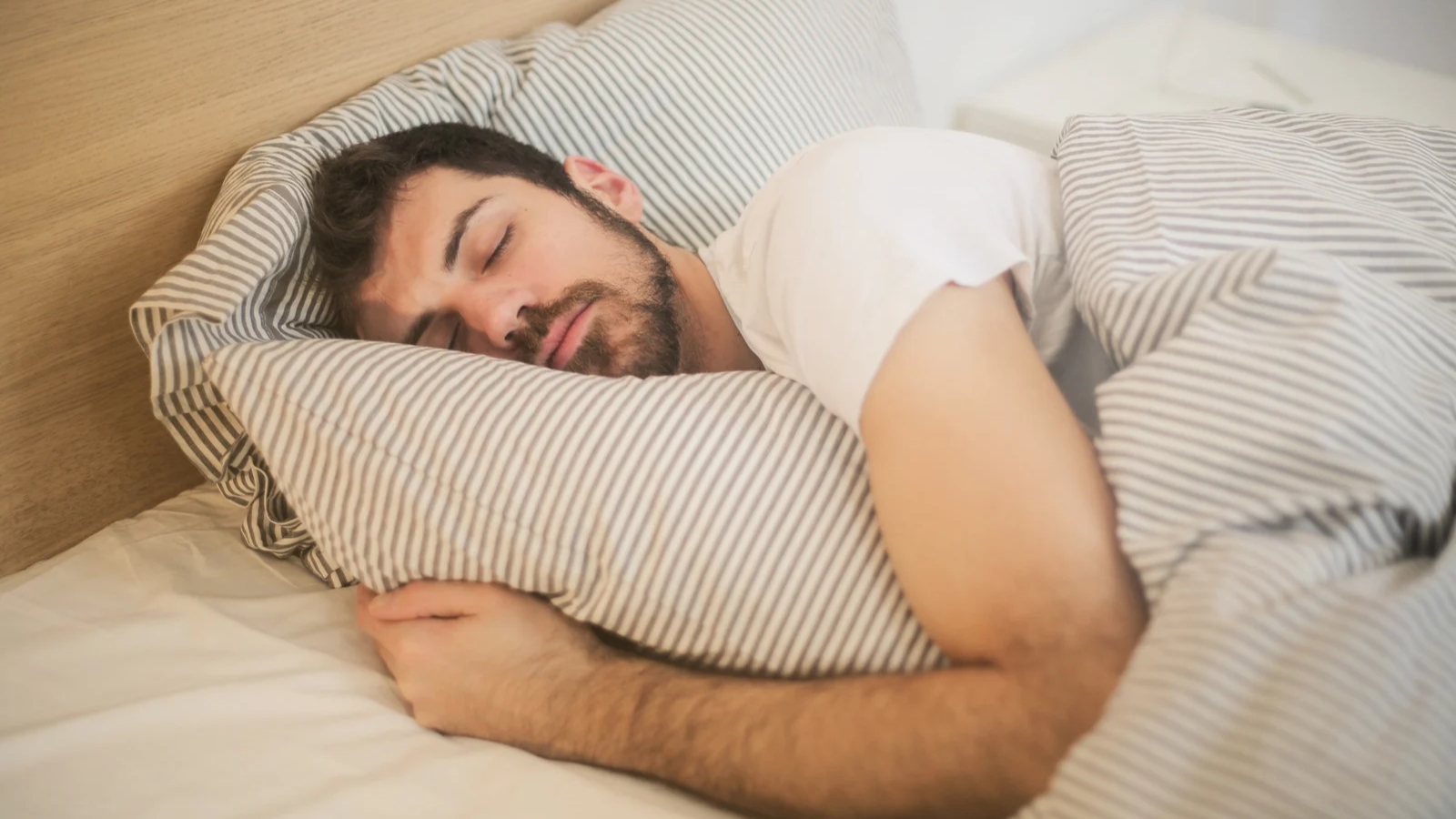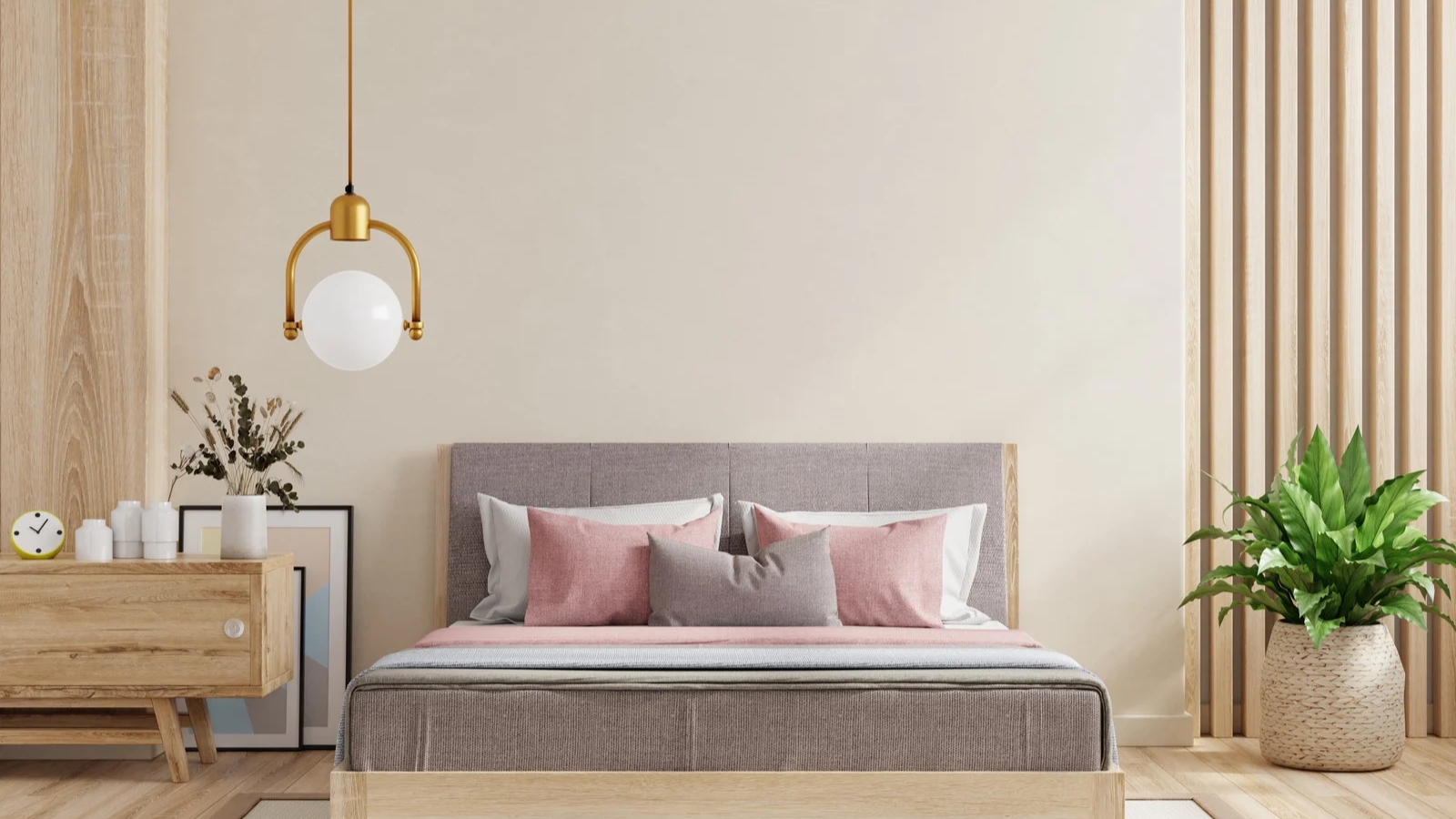Improving your sleep naturally without melatonin involves building habits that help your body relax and prepare for rest. Sleep quality depends on both your environment and your daily routine. This guide explains practical ways to fall asleep faster, stay asleep longer, and wake up refreshed without using supplements.
You will learn how to set up a sleep-friendly space, manage light and sound, adjust your evening activities, and create a consistent schedule. These changes work together to support your body’s natural sleep cycle.
Create a Consistent Sleep Schedule
Your body has an internal clock that regulates when you feel sleepy and when you feel alert. Going to bed and waking up at the same time each day strengthens this rhythm.
To set a sleep schedule:
- Pick a bedtime you can follow every night
- Wake up at the same time daily, even on weekends
- Avoid naps longer than 30 minutes during the day
Consistency makes it easier to fall asleep at night and wake up without feeling groggy.
Limit Screen Time Before Bed
Light from phones, tablets, and computers can signal your brain to stay awake. Reducing screen time before bed allows your body to produce its natural sleep signals.
Helpful steps include:
- Stop using screens at least one hour before bed
- Read a physical book or listen to calming music instead
- Keep devices out of reach while in bed
If you need to use electronics in the evening, consider using blue light filters or dimming the brightness.
Create a Relaxing Evening Routine
A relaxing routine signals your body that it’s time to wind down. Keep your activities calm and free of mental or physical strain.
Ideas for a bedtime routine:
- Take a warm shower or bath
- Practice gentle stretches or light yoga
- Write in a journal to clear your mind
- Meditate or focus on slow breathing
Repeating the same steps each night can help train your body to transition smoothly into sleep.
Make Your Bedroom Sleep-Friendly
Your sleep environment has a significant impact on how quickly you fall asleep and how well you stay asleep. The goal is to create a calm, comfortable space with minimal disruptions.
Consider these adjustments:
- Keep your bedroom cool, around 60–67°F
- Use blackout curtains to block light
- Choose supportive pillows and a comfortable mattress
- Keep the room quiet or use white noise to mask disturbances
Reserve your bed for sleep only to strengthen the mental link between your bedroom and rest.
Avoid Stimulants in the Evening
Caffeine, nicotine, and other stimulants can stay in your system for hours and delay sleep. Reducing or eliminating these in the afternoon can improve rest at night.
Practical steps:
- Stop drinking coffee, tea, or energy drinks at least six hours before bed
- Avoid chocolate in the evening, as it contains caffeine
- Choose caffeine-free herbal tea instead
If you smoke, try to avoid nicotine for several hours before bedtime.
Get Daytime Sunlight Exposure
Daylight exposure helps regulate your body’s sleep-wake cycle by supporting natural hormone production. Getting sunlight during the day makes it easier to feel sleepy at night.
Ways to increase exposure:
- Spend at least 20 minutes outside in the morning or early afternoon
- Take short outdoor breaks during work or study sessions
- Keep curtains open during daylight hours
Even indirect sunlight can help maintain a healthy sleep rhythm.
Stay Physically Active
Regular movement during the day improves sleep quality and reduces the time it takes to fall asleep. Exercise also helps relieve stress, which can interfere with rest.
To use exercise for better sleep:
- Aim for at least 30 minutes of physical activity most days
- Choose activities you enjoy, such as walking, cycling, or swimming
- Avoid intense workouts in the two hours before bed
Gentle stretching or light yoga in the evening can still promote relaxation.
Manage Stress Before Bed
High stress levels can keep your mind active and prevent you from falling asleep. Calming techniques before bed can make it easier to relax.
Simple options include:
- Deep breathing exercises with slow exhalations
- Progressive muscle relaxation to release tension
- Listening to calming sounds or guided meditation
- Write down any tasks for the next day to clear your mind
A few minutes of focused relaxation can set the tone for restful sleep.
Watch Your Evening Meals
Heavy or spicy meals close to bedtime can disrupt sleep by causing discomfort or indigestion. Timing your last meal earlier in the evening helps your body focus on rest instead of digestion.
Tips for evening eating:
- Finish dinner at least two to three hours before bed
- Choose lighter meals with lean protein and vegetables
- Avoid too much sugar before bed, as it can cause energy spikes
If you get hungry later, choose a light snack like yogurt or a banana.
Conclusion
You can improve your sleep naturally without melatonin by creating a consistent schedule, limiting evening screen time, and setting up a comfortable bedroom environment. Minor adjustments to your daily habits can help your body relax and prepare for rest.
By combining healthy routines, stress management, and mindful evening choices, you can support your body’s natural sleep rhythm. Over time, these changes make it easier to fall asleep and wake up feeling refreshed.


